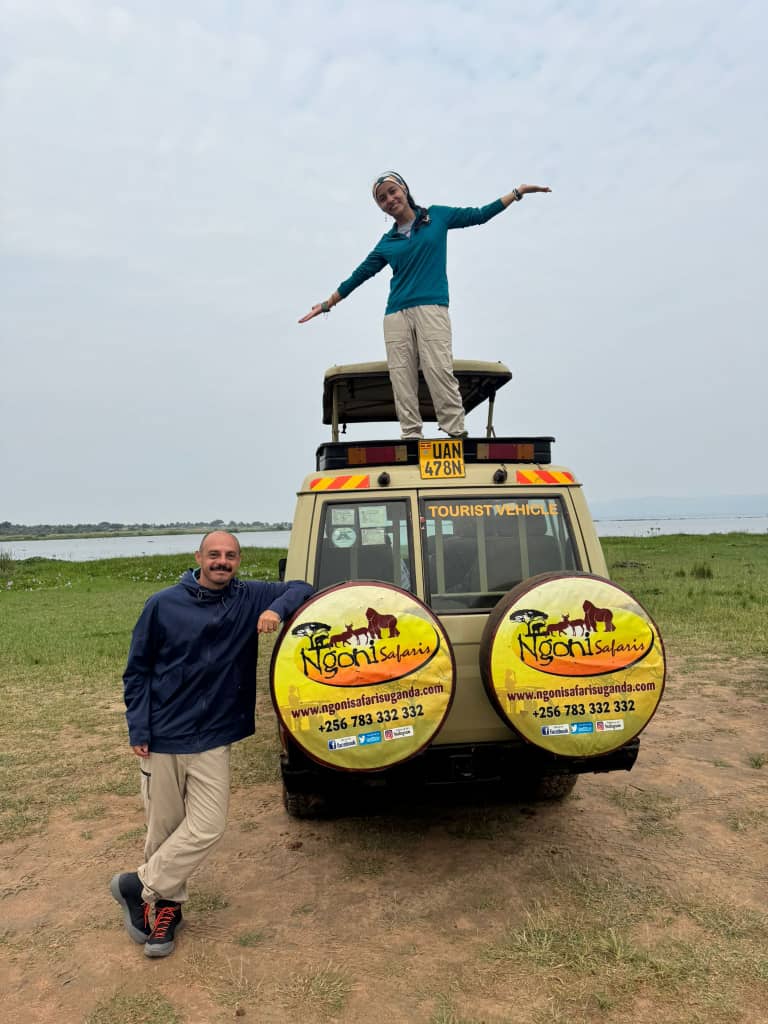Staying Healthy on an African Safari: Essential Tips for a Safe Adventure
Embarking on an African safari is an exhilarating experience, offering breathtaking landscapes, diverse wildlife, and a chance to connect with nature. However, ensuring your health and well-being during your adventure is crucial. Here are some essential tips to help you stay healthy while enjoying the wonders of the African wilderness.

1. Consult Your Doctor Before You Go
Before setting off on your safari, schedule a visit to your healthcare provider. Discuss your travel plans and any vaccinations you may need, such as those for yellow fever, hepatitis A and B, typhoid, and rabies. Your doctor can also prescribe medications for malaria prevention, which is essential in many safari regions.
2. Stay Hydrated
The African sun can be intense, and staying hydrated is vital. Drink plenty of water throughout the day, especially during game drives. Carry a reusable water bottle and refill it whenever possible. Avoid drinking tap water; opt for bottled or purified water instead.
3. Protect Yourself from Insects
Insect bites can pose health risks, particularly in areas where malaria is prevalent. Use insect repellent containing DEET on exposed skin and wear long sleeves and pants during dawn and dusk when mosquitoes are most active. Consider treating your clothing with permethrin for added protection.
4. Practice Food Safety
While enjoying local cuisine is part of the adventure, be cautious about food safety. Stick to well-cooked meals and avoid street food if you have a sensitive stomach. Peel fruits and vegetables or choose those that can be washed thoroughly. Drinking bottled beverages is a safer option.
5. Sun Protection is Key
The African sun can be harsh, so protect your skin with a high-SPF sunscreen, sunglasses, and a wide-brimmed hat. Reapply sunscreen every few hours, especially if you’re sweating or swimming.
6. Stay Active but Listen to Your Body
While safaris often involve physical activities like hiking and walking safaris, it’s essential to listen to your body. Take breaks when needed, and don’t push yourself too hard. Enjoy the experience at your own pace.
7. Be Aware of Your Surroundings
Wildlife encounters are thrilling, but it’s crucial to respect the animals and their habitats. Follow your guide’s instructions, maintain a safe distance from wildlife, and avoid any behavior that could provoke animals. This not only ensures your safety but also protects the animals.
8. Travel Insurance
Invest in comprehensive travel insurance that covers medical emergencies, trip cancellations, and lost belongings. This safety net can provide peace of mind and financial protection during your safari.
9. Stay Connected
While you may want to disconnect from the digital world, having a way to communicate in case of emergencies is important. Ensure your phone is charged and consider carrying a portable charger. Inform someone about your itinerary and check in regularly.
10. Enjoy the Experience
Lastly, remember to relax and enjoy the beauty of your surroundings. Take time to appreciate the sights and sounds of the African wilderness. A positive mindset can significantly contribute to your overall well-being.
Conclusion
A safari in Africa is a once-in-a-lifetime experience that can be both thrilling and enriching. By taking proactive steps to maintain your health and safety, you can fully immerse yourself in the adventure. With the right preparation, you’ll create unforgettable memories while staying healthy and safe in the heart of nature. Happy travels!





